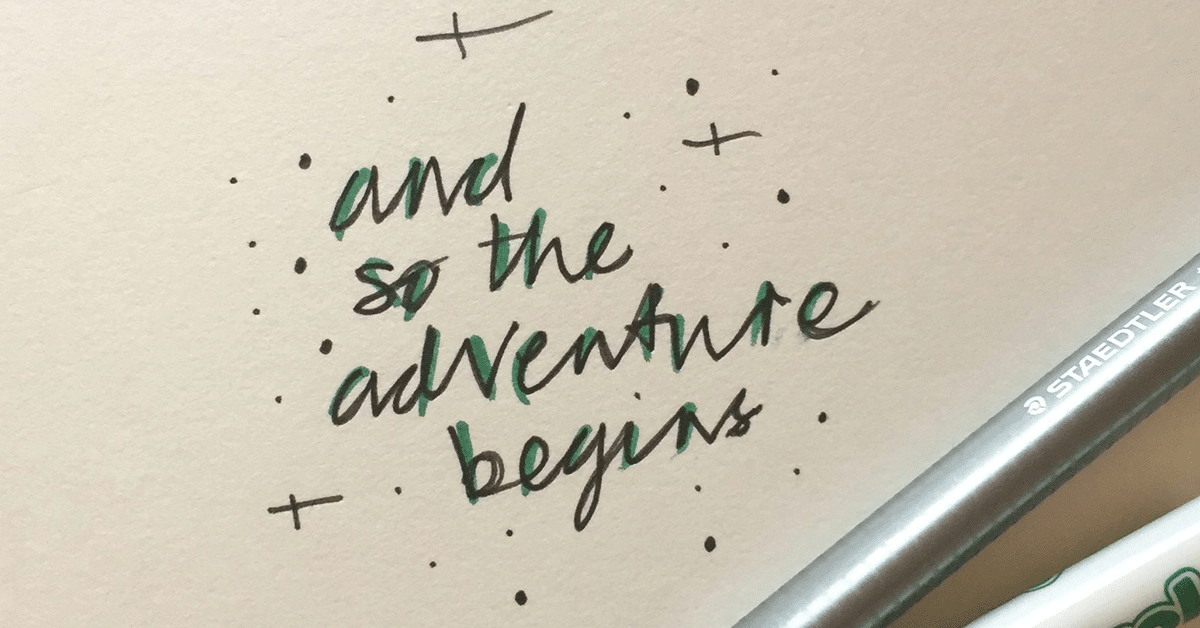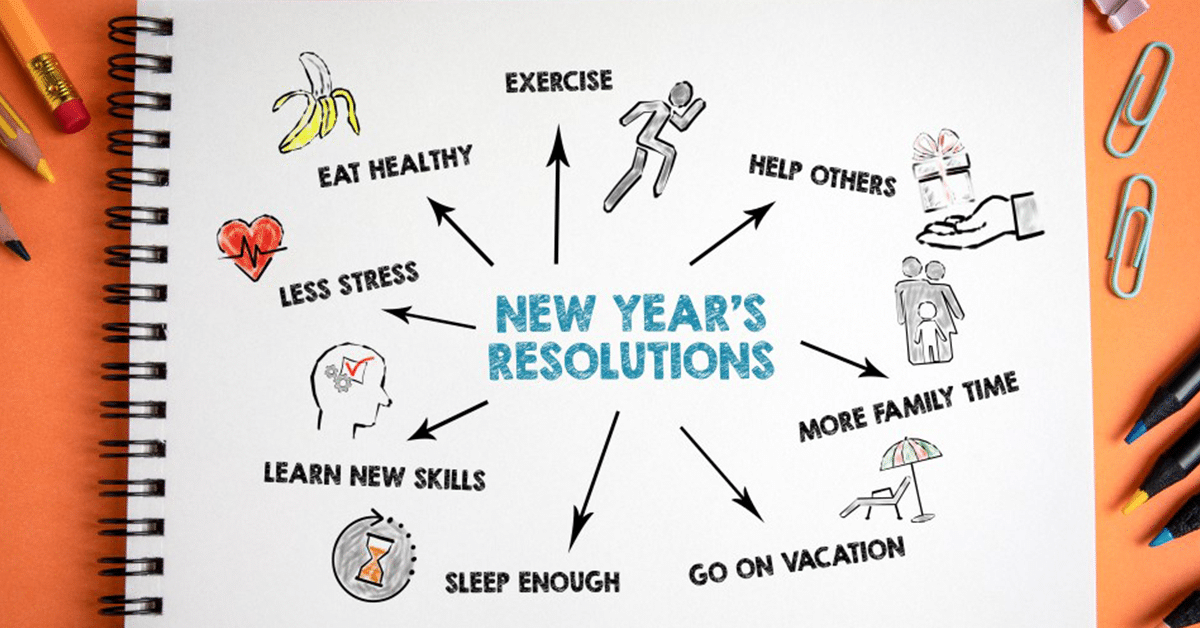Happy New Year! It’s 2025!
“New Year, New Me!” Sound familiar? Every year, millions of people embrace this mantra, dive into lofty goals, and promise a fresh start. But if you’ve been caught in the cycle of setting ambitious New Year’s resolutions only to feel deflated by February, you’re not alone.
At Be BOLD Psychology and Consulting, our therapists in Durham and across North Carolina believe there’s a better way to foster real, lasting change—and spoiler alert—it doesn’t involve New Year’s resolutions. Here’s why they’re often counterproductive and what you can do instead that does not involve buying a planner, throwing out your entire pantry, or signing up for a marathon.
Why New Year’s Resolutions Set You Up to Fail
Unrealistic Expectations
Resolutions often swing too far too fast. Want to run a marathon this year but haven’t jogged since high school? You’re setting yourself up for burnout and frustration. Goals need to be incremental and attainable to succeed.
Too Much, Too Soon
It’s tempting to overhaul your life overnight—get fit, save money, and learn a new language all at once! But trying to tackle too many big goals at once usually leads to abandoning them altogether.
No Flexibility
Life changes quickly. What feels urgent in January may not resonate by July. Resolutions often lack the adaptability needed for real growth.
Ditch Resolutions and Get SMART Instead
New Year’s resolutions often fail because they are vague, overly ambitious, and tied to the fleeting energy of January. To set yourself up for lasting success, it’s time to swap resolutions for SMART goals. This tried-and-true framework breaks goals into clear, actionable steps, ensuring they are achievable and relevant to your life.
Let’s dive into the SMART approach:
Specific: Define Your Goal Clearly
Broad goals like “get healthy” or “save money” sound good but lack specificity, or a plan of “how.” Specific goals pinpoint exactly what you want to achieve. For example:
- Instead of “get healthy,” try “walk 20 minutes every day.”
- Instead of “save money,” say “set aside $50 from each paycheck into savings.”
A specific goal leaves no room for confusion and gives you a clear direction to work toward. And, everyone loves being able to celebrate meeting a goal. Reflecting on your accomplishment of walking every day, or transferring 50 dollars from every paycheck will help to build momentum and keep you motivated towards your overarching goal!
Measurable: Track Your Progress
How will you know if you’re succeeding? Measurable goals allow you to monitor your efforts and celebrate milestones along the way. For example:
- “I will drink 8 glasses of water a day, tracked on my water app.”
- “I will pay off $500 in credit card debt this month.”
Progress markers keep you motivated and help you adjust your strategy if needed.
Achievable: Make It Realistic
“I am going to run a marathon!”
“I will not buy ANY new ANYTHING this whole year! No Buy 2025 is for me!”
“I will run for President of the United States!”
While ambition is great, setting a goal that’s too far out of reach, too soon, can lead to frustration and burnout. Achievable goals consider your current circumstances, resources, and time constraints. For instance:
- If you’re new to running, don’t aim to complete a marathon in 3 months. Start with a 5K training plan.
- If you’re considering switching to a lower consumption model of living, start with one category that you want to eliminate purchases from. For example, try no new clothing for January and February, and see how that feels. Maybe in March and April, you add in no new, only replacement, hygiene products. Or, maybe you give yourself a budget of $50 a month for “new” things?
The key is to stretch yourself without overextending.
Relevant: Align It with Your Values
A goal should matter to you and align with what you care about most. So many people swear by waking up early, getting in a workout, doing yoga, or adding a meditation practice. But what if you are a night owl? What if, despite your best efforts, you just hate yoga? What if meditation just is not for you? Spoiler alert: These goals are not going to stick.
Ask yourself:
- Does this goal reflect my priorities?
- Is this goal connected to my long-term vision for my life?
For example:
- If family time is important to you, a goal to “eat dinner with my family four nights a week” may feel more meaningful than “scale my business to double the revenue this year.”
When your goals align with your values, you’re more likely to stay committed.
Time-Bound: Set a Timeline, But Allow Flexibility
Open-ended goals are hard to prioritize. Adding a timeline gives your goal urgency and focus, like:
- “I will declutter my closet by the end of January.”
- “I will complete my online course by March 1st.”
However, life happens, and flexibility is key. If circumstances change, adjust your timeline rather than giving up entirely. No shame spirals here. Life happens, adjust that timeline to account for normal, human things.
Progress at your own pace while keeping your end goal in sight.
Build Habits That Stick
Instead of grand resolutions, focus on small, consistent habits that align with your priorities. For example:
- Want better sleep? Start by setting a consistent bedtime 15 minutes earlier. Do this for 2 weeks. Then move it another 15 minutes until you are at a bedtime that works for you (not your favorite wellness influencer on TikTok).
- Want to move more? Commit to a 10-minute daily walk before diving into an intense workout program.
Small wins build momentum and boost your confidence, making larger goals feel more attainable.
Accountability: Your Secret Weapon for Success
Ok Dr. Bate, so I understand SMART goals… now what?
Now, let’s find an accountability strategy!
Accountability is a game-changer when it comes to turning goals into accomplishments. When you have someone in your corner—cheering you on, providing constructive feedback, and helping you navigate setbacks—you’re far more likely to succeed. This is where therapy shines as an invaluable tool for personal growth.
Think about it: life gets busy, motivation wanes, and distractions pull you away from your priorities. An accountability partner, like a skilled therapist in North Carolina, helps you stay grounded and focused, guiding you back on track when life throws challenges your way.
Why Accountability Works
- External Perspective: It’s easy to get stuck in your own head, especially when you’re overwhelmed. A therapist provides an unbiased perspective, helping you see obstacles more clearly and identify solutions you might not have considered.
- Structure and Consistency: Regular check-ins with a therapist in North Carolina create a structured space to reflect on your progress, celebrate small wins, and recalibrate when necessary.
- Encouragement and Motivation: Knowing someone is invested in your growth gives you a powerful sense of support and keeps you motivated to keep going, even when the going gets tough.
How Therapy Boosts Your Success
Therapists aren’t just accountability partners—they are trained professionals who specialize in helping you achieve sustainable, meaningful change. At Be BOLD Psychology and Consulting, we work collaboratively with clients to ensure their goals are realistic, values-driven, and manageable. Whether you prefer in-person therapy in Durham or virtual therapy sessions across North Carolina, South Carolina, or Virginia, we’re here to help.
Here’s how therapy at Be BOLD can help you succeed:
- Clarifying Your Goals: We’ll help you identify what truly matters to you and create goals that align with your priorities and lifestyle.
- Breaking Goals into Manageable Steps: Lofty ambitions can feel overwhelming without a plan. We guide you in breaking goals into actionable, bite-sized steps to ensure steady progress.
- Navigating Challenges: Life is full of unexpected obstacles, but you don’t have to face them alone. Whether it’s work stress, family dynamics, or internal doubts, our therapists in North Carolina are here to help you process emotions and develop strategies to overcome setbacks.
- Providing Tools for Growth: Our therapists use evidence-based approaches, such as mindfulness, EMDR, somatic experiencing, IFS, DBT, cognitive-behavioral techniques, and values-driven planning, to support you in building skills that promote long-term success.
Who Can Benefit From Accountability Through Therapy?
- Individuals Improving Relationships: From romantic partnerships to friendships, our skilled relationship therapists provide insight and strategies to enhance communication, connection, and trust.
- Career Changers: Transitioning jobs or fields can be daunting. We’ll help you navigate the process with confidence, set realistic career goals, and tackle imposter syndrome or self-doubt.
- Folx Seeking Mindfulness and Balance: Whether managing stress, anxiety, or life transitions, we’ll help you cultivate mindfulness and align your daily life with your core values.
Keep Reading
Want more? Here are some other blog posts you might be interested in.







